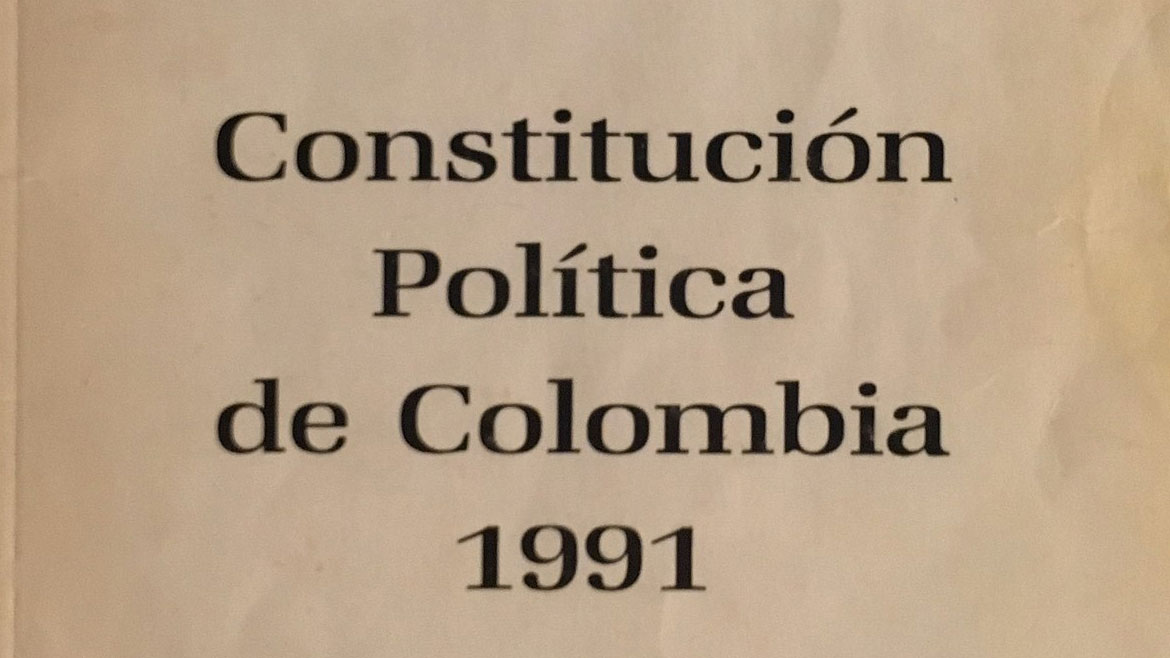The government of Colombia’s President Gustavo Petro has begun the process to replace the constitution with a more progressive one.
Justice Minister and former Constitutional Court president Luis Eduardo Montealegre presented the bill that would start the process to replace the 1991 Constitution through an elected Constituent Assembly in the coming days.
According to the bill, Colombia needs a new constitution because Congress has prevented the “advancement of essential reforms” and has “rejected the representative mandate granted by the people” since the 1991 Constitution came into power.
The reforms that the country needs cannot be carried out through legislation or a referendum, as they would replace the current Constitution, given that they involve profound changes to the system.
Constitutional reform bill
If everything goes according to plan, which is unlikely, the process would result in a new constitution in approximately four months.
Steps to replace the constitution
- Both the Senate and the House of Representatives approve the bill by majority vote.
- Once approved and signed off by the president, the bill is ratified by the Constitutional Court.
- Following court approval, voters approve the process in a referendum.
- Voters will elect the members of the Constituent Assembly
- The Constituent Assembly formulates and a majority approves the new constitution
Congress will have 30 days to approve or reject a Constituent Assembly once the bill is formally introduced. If Congress fails to vote, President Gustavo Petro will have the power to call the required referendum.
If Congress votes down the proposal, a grassroots organization can collect the signature needed to call a referendum to overrule the Congress.
The Constituent Assembly proposed by the government of President Gustavo Petro will consist of 71 delegates, with 27 seats reserved for specific socio-economic groups and would have to formulate the new constitution within three months.
According to the bill, the Constituent Assembly may not propose constitutional amendments that would violate human rights, previously obtained social rights and internationally binding agreements.
Petro’s proposal is fiercely opposed by the traditional political parties that have dominated Colombia’s political system since the 19th century.






